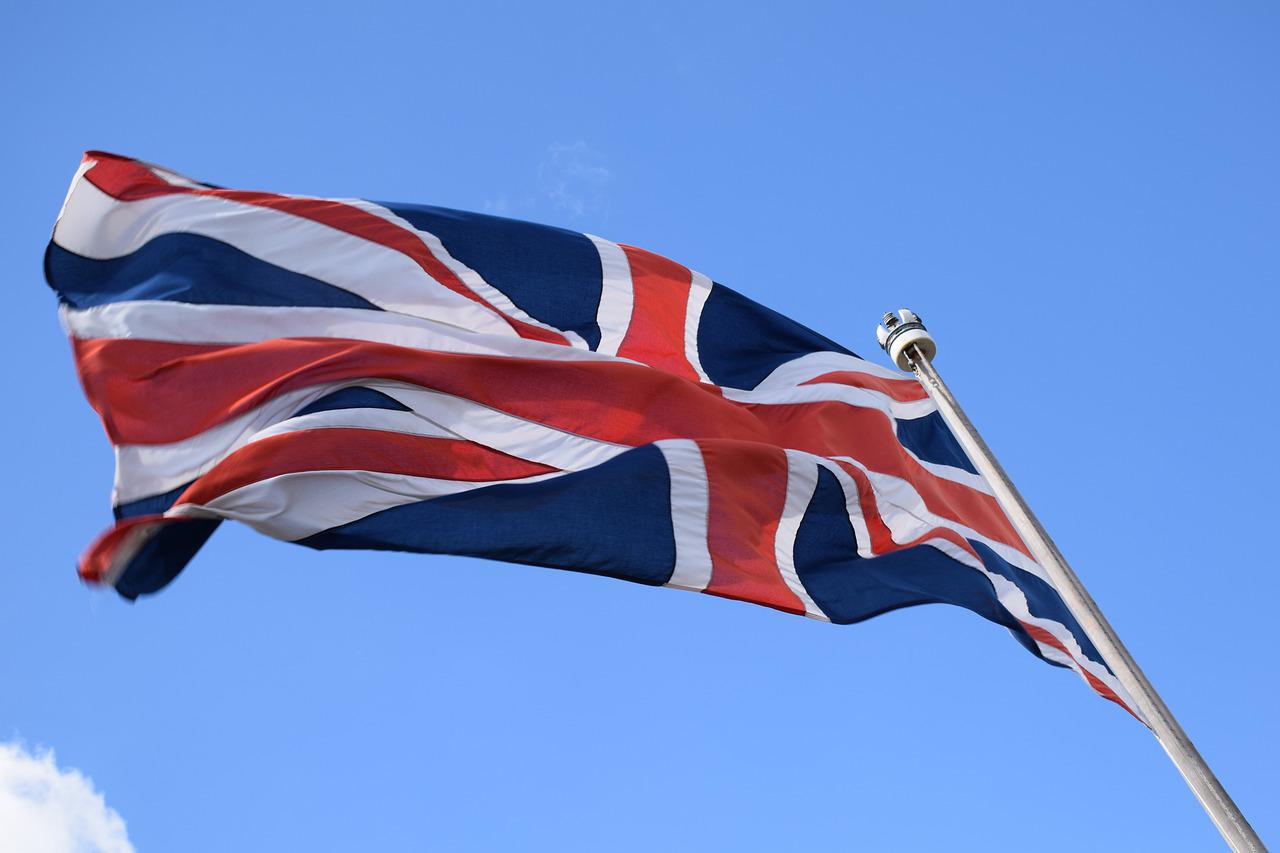
UK’s Economy Takes A Hit Due To Surging Prices
The latest data shows that the UK economy recorded less growth than expected in July, which increases the possibility that it may have already entered a recession.
Energy tariffs have recorded a sharp rise that has affected electricity demand and the rising cost of materials has also hit the construction sector.
Official data
On Monday, official data showed that there was a 0.2% expansion in the gross domestic product (GDP) in July from June, which was weaker than the predicted 0.4%.
Inflation in the UK has already climbed to 10%, which is a high of more than 40 years. The GDP remained flat in the three months to July as compared to the last three-month period.
The April to June quarter had already seen the British economy contract by 0.1% and some economists believe that the data on Monday showed it could also shrink in the July to September quarter.
Market experts said that this would result in a technical recession for Britain’s economy for the first time since lifting lockdown restrictions.
Other experts said that the real GDP had recorded a small rebound in July, which was extremely disappointing.
They said that this showed that there was not much momentum in the economy, making it likely that it had already entered into a recession.
A recession
The Bank of England (BoE) forecast an economic recession in August for the fifth largest economy in the world.
The British central bank stated that the recession would start from the end of this year until the beginning of 2024.
It cited the cost of living crisis, which has worsened due to rising energy prices that have gone up due to the Russia and Ukraine conflict.
However, a cap was imposed on tariffs on domestic energy by the new UK Prime Minister Liz Truss last week.
She also announced a number of tax cuts, all of which would reduce the possibility of a big blow to the economy.
But, public finances in Britain, which are already quite tight, would certainly have to suffer because it will cost about 100 billion pounds.
Holiday impact
June had seen a decline of 0.6% in gross domestic production, with the month including two public bank holidays.
These were for celebrating 70 years of the late Queen Elizabeth on the throne. But, a spokesperson for the Office of National Statistics (ONS) said that the holiday impact was not a big one in July.
However, market analysts said that another public holiday scheduled for September 19th due to the Queen’s funeral would see economic output drop this month by 0.2 percentage points.
But, they did say that a recession could be avoided, albeit narrowly. Even though the economy is slowing down, the Bank of England (BoE) is still expected to increase interest rates.
Its meeting is now scheduled for September 22nd and another hike in the interest rate is expected for combating the high inflation.
The British pound has also suffered due to economic uncertainty, as it recorded declines against the euro.




